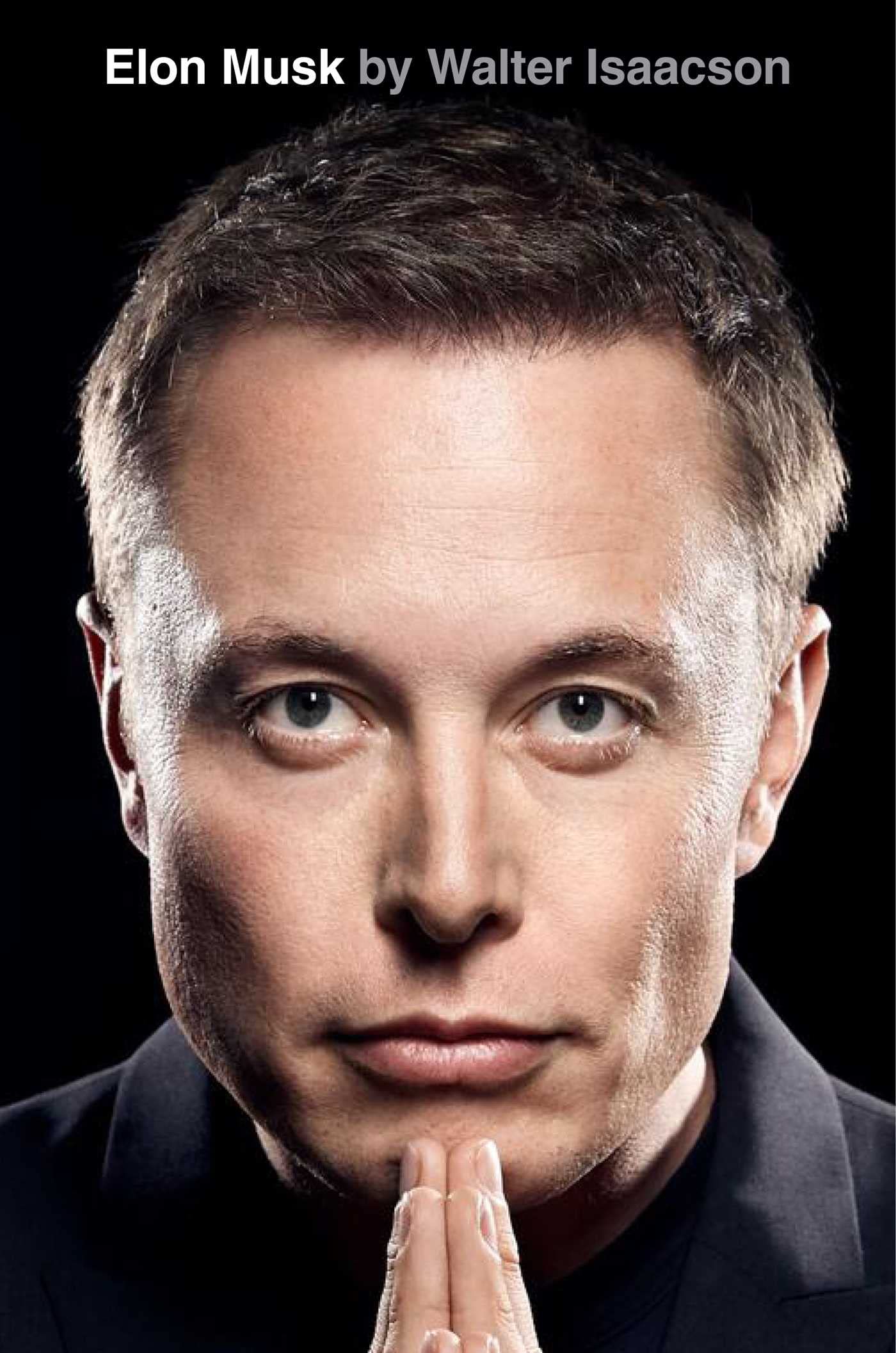34. Falcon 9 Liftoff
byFalcon 9 Liftoff in 2010 represented a critical milestone for both SpaceX and Elon Musk, a point of no return that would determine the future of the company and its ambitious goals in space exploration. As the rocket stood poised on the launch pad at Cape Canaveral, the weight of the moment bore heavily on Musk and his team. This mission, the first test flight of the Falcon 9 rocket, was not only a significant technical hurdle for SpaceX but also a pivotal moment in the broader narrative of space exploration, as it signaled the potential for private companies to play a leading role in space missions historically dominated by government agencies. With Musk’s vision to break away from the traditional space sector and push the boundaries of space technology, the outcome of this launch had the potential to shape the future of commercial space travel.
However, the lead-up to the launch was anything but smooth. A storm rolled through the area, soaking the Falcon 9 rocket’s antenna and threatening to delay the mission. In a true demonstration of SpaceX’s hallmark ingenuity, engineers scrambled to come up with a solution, opting for a rather unconventional method: using a hairdryer to dry out the damp antenna. This quick-thinking moment encapsulated the resourcefulness that SpaceX had become known for, where high-tech innovations and low-tech fixes often went hand in hand in tackling challenges head-on. Despite lingering concerns over the antenna’s readiness, Musk’s leadership and confidence carried the team forward, emphasizing the importance of perseverance even in the face of unforeseen setbacks.
Musk’s decision to proceed with the launch, despite uncertainties surrounding the antenna, was an embodiment of his risk-taking nature and unshakeable belief in SpaceX’s potential. When the Falcon 9 rocket successfully launched, it was a vindication not just of the company’s technological capabilities but of Musk’s unwavering ambition to redefine the space industry. This triumph was not just about making history with a successful launch; it was also about positioning SpaceX as a serious contender in the future of space exploration, setting the stage for even greater challenges ahead. The success of Falcon 9’s launch was celebrated widely, and while it was an exciting moment for SpaceX, Musk and his team were already focused on the next phase of the mission: to ensure the safe return of an unmanned capsule from orbit. This goal, which had been achieved only by government space agencies until then, was the next logical step in SpaceX’s mission to push the boundaries of what private space companies could accomplish.
The significance of the Falcon 9 liftoff was far-reaching. It was a symbol of SpaceX’s growing influence and ambition in the space sector, cementing Musk’s role as a trailblazer in commercial space travel. The event not only marked a new chapter for SpaceX but also represented the dawn of an era where private enterprises could collaborate with governments to drive innovation and exploration beyond Earth. The success of the Falcon 9 launch served as a testament to Musk’s visionary leadership and the relentless pursuit of groundbreaking advancements, even when faced with daunting risks and high stakes. From this moment on, SpaceX was no longer just a startup but a legitimate force in the aerospace industry, challenging traditional concepts and setting new standards for space exploration.
As SpaceX continued its journey, the success of Falcon 9 was a constant reminder of the company’s ethos—an unwavering commitment to innovation, problem-solving, and pushing the boundaries of what was possible. Musk’s leadership in these early years defined the trajectory of SpaceX, making it clear that the company was not just focused on reaching the stars but on creating a future where space exploration could be driven by private industry. The lessons learned from the Falcon 9 launch, both technical and personal, would continue to shape the way SpaceX approached future projects, ensuring that they would remain at the forefront of space technology and innovation. The liftoff of Falcon 9, despite the uncertainties and challenges, became the catalyst for SpaceX’s future success and its eventual dominance in the commercial space sector.


